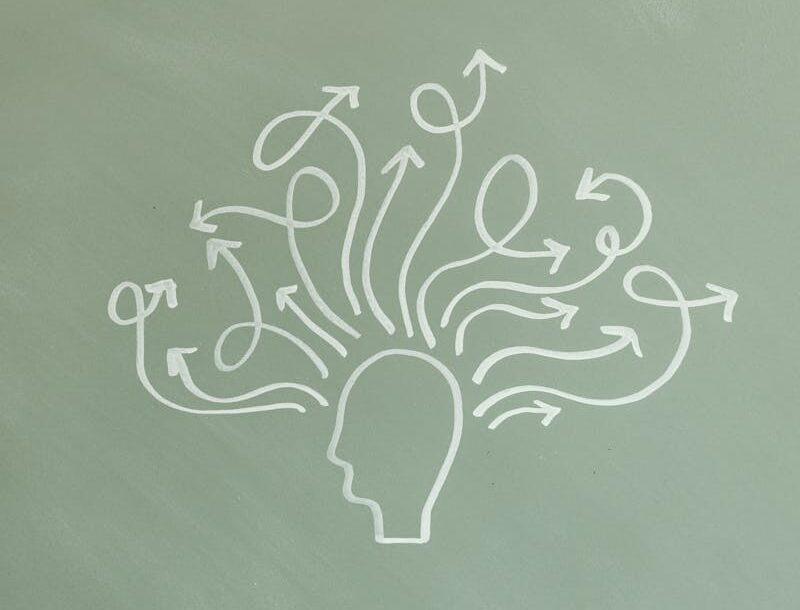Late at night, when I struggle with insomnia, I often hear a voice whispering:
“Why do you have the right to feel pain? Others have it worse than you.”
In the film A Real Pain, Benji and David’s grandmother is a Jewish woman who survived Auschwitz. She endured countless brushes with death, yet her grandson Benji once swallowed an entire bottle of sleeping pills in an attempt to end his life. When a family’s history is overshadowed by the horrific memories of a concentration camp, Benji’s pain seems almost “inappropriate” within such a grand narrative of suffering. In the face of historical wounds, contemporary struggles that are “not tragic enough” lose their legitimacy to be spoken of.
“Your grandmother survived hell—what right do you have to break down?”
But pain is not a competition of suffering. True despair arises when you try to fit your pain into a “justifiable” framework, only to find that it’s like a deformed puzzle piece—your family’s history is too immense, your friends’ admiration too dazzling, even you begin to think:
“My pain is not valid.”
In psychology, there’s a concept known as Self-Verification Theory—people tend to seek external feedback that aligns with their self-concept, even if that feedback is negative. When the external feedback contradicts their self-concept, individuals experience cognitive dissonance, which in turn leads to deeper feelings of loneliness and self-doubt. To alleviate this dissonance, they may resort to self-criticism, which only serves to reinforce the negative self-concept, creating a vicious cycle.
I once tried to seek help from those closest to me. My mother said: “You just overthink things.” My friend was puzzled: “You have a decent job, a loving family—why aren’t you happy?” The unspoken message behind these words was: “Your pain is not real.”
It’s like holding a block of ice while everyone around you insists, “There’s nothing in your hands.”
So you start blaming yourself: Am I just not strong enough? Am I being dramatic?
But true suffering is born from this sense of displacement—this feeling of having nowhere to put your pain.
A friend once confided in me about her postpartum depression. Her mother-in-law dismissed her: “When we had babies, we went straight back to work. Why are you so delicate?” Her husband told her: “Stop reading all that negative stuff.”
Then one day, in a nursing room, she met another mother who looked at her dark circles and simply said: “Exhausting, isn’t it? I understand.”
At that moment, she collapsed to the floor in tears.
The uniqueness of pain in each individual stems from a deep desire to be held—to have someone see it, acknowledge it, and catch it before it falls. To be truly seen for who we are. This is our innate need as social beings, written into our DNA.
Try not to judge your emotions based on external standards. Instead, acknowledge:
“What I feel right now is real.”
Seek out those who you believe can understand you—whether through personal conversations, online support groups, or even the reassurance of hearing a stranger say, “I’ve been through this too.”
If you truly feel that no one around you can comprehend your pain, consider seeking professional help.
Accept that some pain may never be understood by family, friends, or even a partner—but that doesn’t make it any less valid.
Now, when someone asks me, “What do you have to be in pain about?”
I simply say:
“I don’t need a grand, tragic reason. My existence itself is reason enough for my pain to exist.”
The loneliness of not being understood hurts more than suffering itself.
The “legitimacy” of pain should not be dictated by others’ judgments.
Those who say “you haven’t suffered enough” are only inflicting further harm.
When the world’s narratives fail us, we have the right to create our own.
What we need is not a comparison, but a space that says, “I am here.”
The person who says, “I don’t fully understand you, but I’m willing to listen,” is the real lifeline.




